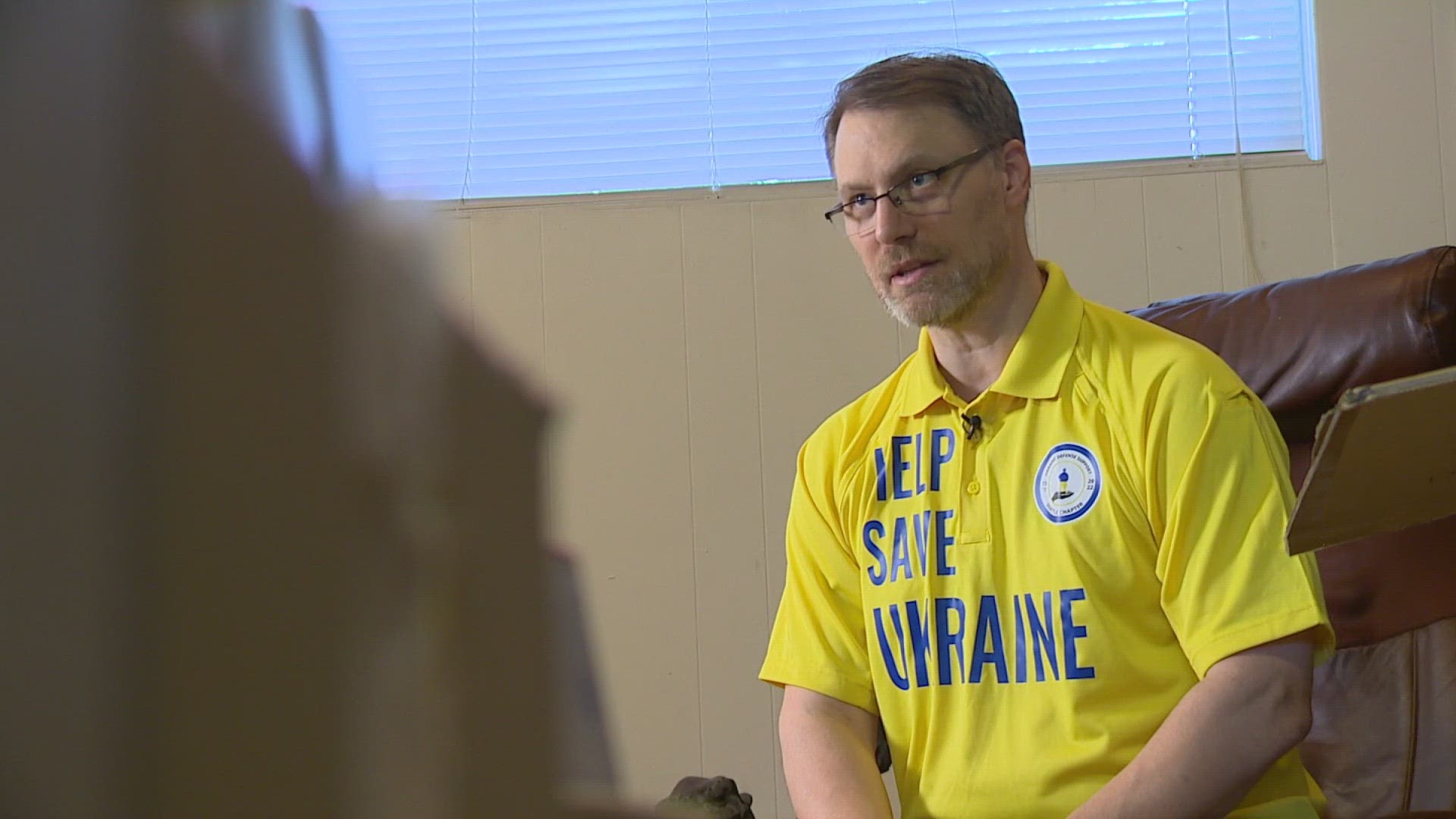It's been nearly a month since the state legislature adjourned without a deal on a capital budget or the Hirst water rights issue that's put some rural home construction on hold.
Democrats and Republicans said Friday the negotiations are ongoing, but they are far from a resolution.
The Republican-controlled Senate has refused to pass a capital budget until Democrats in the House agree to find a permanent fix for the Hirst decision.
The impasse means more than $4 billion worth of state-funded construction projects are on hold indefinitely. That includes about $1 billion in school construction projects over the next two years. More than 19,000 construction jobs tied to the capital budget are also in limbo.
If an agreement isn't reached soon, close to 200 employees at various state agencies could be laid off in the next few months.
The State Parks Department, for instance, says it will have to lay off 16 permanent employees if a capital budget isn't passed by September 30.
The University of Washington has about 125 employees whose salaries are funded through the capital budget. A UW spokesperson said they're currently dipping into the school's reserve fund to pay those employees and keep them on staff. But if the legislative stalemate stretches into the fall, some tough decisions may have to be made.
"It's uncharted territory," said Joe Dacca, who is UW's Director of State Relations.
The Office of Financial Management said that they've been been working closely with state agencies, helping them identify ways to legally pay employees impacted by the capital budget with other available funds. But by October, OFM said some agencies will no longer be able to cover that cost, and layoffs would be likely.
So what exactly is the Hirst water rights decision at the heart of this far-reaching controversy?
For some families, it's quite personal.
"This is us. We are now caught in the cross hairs of the Hirst problem," said Colby Richards.
Richards paid $185,000 for a piece of property in Thurston County back in 2015. He planned to build his family's dream home there, and says he chose that particular parcel with his children in mind.
"My 10-year-old son is autistic. He's pretty high-functioning, but gets overwhelmed by the activity of city and suburban life," he said. "Here, we're far enough away that it's nice and peaceful out here. Out here, he becomes a different child."
Richards said he'll never forget the moment he first heard about the state supreme court ruling that he says put his family's dream home on hold.
"I was driving home and listening to the radio. And there was an announcement about a new ruling from the state supreme court that impacted the ability of rural property owners to put in wells," said Richards.
The Hirst decision stopped some rural home construction, because it changed the permitting process around domestic water wells.
It means Richards can't currently dig a well on the land he's already bought and paid for. Without a well, he says his family can't build on the property, or live there.
"It's extremely frustrating," he said. "We may be sitting on a worthless piece of property."
Stories like his caught the attention of lawmakers during the 2017 legislative session. Richards even testified at the state capitol, as he and other property owners pushed for a solution.
But when the legislature's third special session came to an end without a Hirst fix that Democrats and Republicans could agree on, it left families like Richards' living in limbo.
"What I would like to see is a long term fix, a permanent fix, some kind of grandfathering in. So that perhaps at some point, for people who purchased their properties before a certain date, they would be exempt from the Hirst ruling," he said.
Governor Jay Inslee has urged lawmakers to separate the capital budget issue from the Hirst decision, so that a capital budget can be approved and state-funded construction projects won't be delayed.
Democrats previously proposed a temporary, two-year fix for the Hirst decision. Democrats say their proposal would've allowed property owners to dig their wells. It would've essentially suspended the Hirst ruling for two years, while lawmakers work on a more permanent solution.
But Republicans are standing firm, and say they will not approve the capital budget without a permanent fix.
What does Richards think about that?
"I think it needs to be tied to something that is of vital importance to the state, so that it gets taken seriously," he said. "This isn't just an Eastern Washington thing, or a rural Western Washington thing. This is an all of Washington issue."


